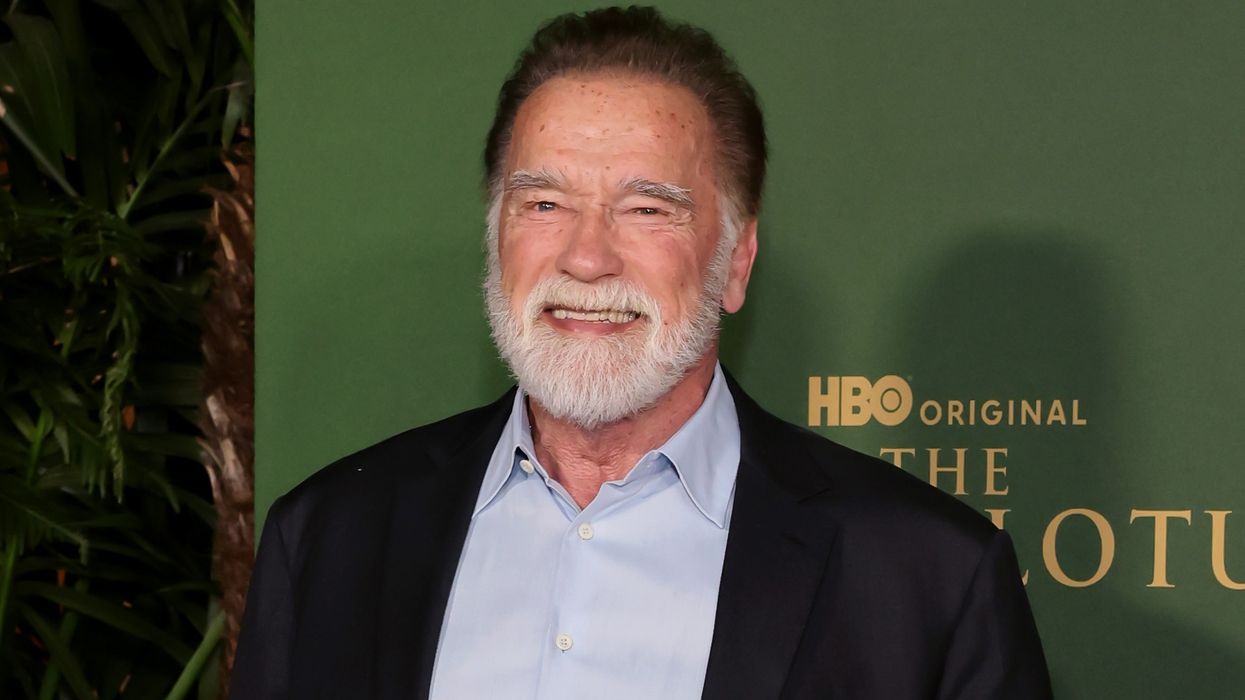A recent list published by Esquire magazine has revealed that 77-year-old Arnold Schwarzenegger is currently the world’s richest actor, with an estimated net worth of $1.49 billion (approximately £1.2 billion). The figure places him ahead of more active Hollywood stars, including Dwayne Johnson, Tom Cruise and Shah Rukh Khan.
The list, released earlier this year, ranks actors based on their total current net worth. While such rankings often include the biggest box office draws, Esquire's compilation stands out for placing Schwarzenegger, who has not had a theatrical release since 2019, at the top.
Schwarzenegger, best known for his roles in The Terminator series, Predator, and Total Recall, last appeared on the big screen in Terminator: Dark Fate. Despite a six-year absence from cinemas, the former bodybuilder, actor and Governor of California has continued to build his wealth through savvy business ventures.
According to Esquire, the key to Schwarzenegger’s fortune lies in his long-term investments in real estate. The magazine states that he began investing in property early in his acting career, gradually accumulating a substantial portfolio. His wealth is also boosted by a reported 5% stake in one of the world’s major investment firms, although the specific firm is not named in the report.
In addition to his real estate holdings, Schwarzenegger’s overall earnings from films, endorsements, and various business ventures over the decades have contributed to his billionaire status. He is expected to make a return to cinema later this year with two projects: Kung Fury 2 and The Man with the Bag.
Ranking second on the list is Dwayne ‘The Rock’ Johnson, with an estimated net worth of $1.19 billion (£950 million). A significant portion of Johnson’s wealth comes from his ownership stake in Teremana Tequila, a brand valued at approximately $2 billion.
Tom Cruise holds third place with a net worth of $891 million (£712 million), thanks to consistent box office success over four decades. He is followed by Bollywood superstar Shah Rukh Khan, widely regarded as Asia’s richest actor, who has a net worth of $876 million (£700 million), according to Esquire.
Other notable names in the top ten include George Clooney, Robert De Niro, Brad Pitt, Jack Nicholson, Tom Hanks, and Jackie Chan. The list intentionally excludes individuals not primarily known as actors, such as Jerry Seinfeld and Tyler Perry, both of whom are billionaires but have significant income from stand-up comedy, directing, or production.
Schwarzenegger’s top ranking may come as a surprise to many, given his relatively quiet presence in film in recent years. However, his long-term investment strategies and diversified portfolio have clearly paid off, securing his place as the wealthiest actor in the world in 2024.





